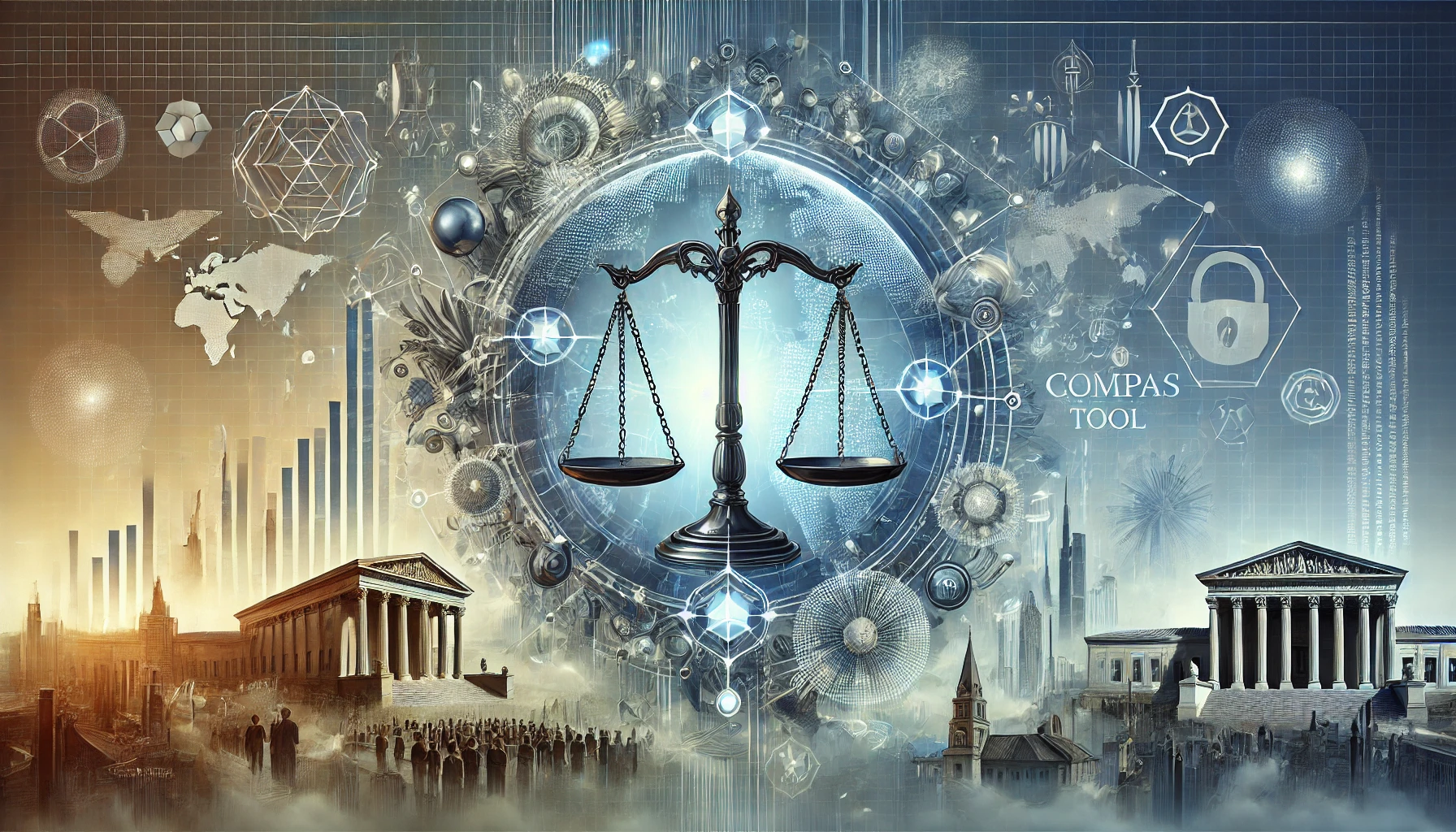Authored By: Andrea Pereira
Middlesex University Dubai
The metaverse, a linked virtual realm in which users may communicate in real time via digital avatars, has evolved from a theoretical notion to a practical reality. As technology progresses and virtual worlds become more prevalent in social interaction, economics, and entertainment, the metaverse is altering the bounds of human experience. However, its fast expansion creates complicated legal difficulties that existing rules are unprepared to handle.
At its heart, the metaverse enables users to own digital assets, participate in decentralised economies, and conduct cross-border transactions. However, these activities raise complex problems concerning property ownership, contractual obligations, intellectual property rights, and jurisdictional borders. Who owns virtual land purchased on the blockchain? How do disagreements get handled when users from various jurisdictions engage in the same virtual space? What safeguards exist for producers and consumers in a climate where intellectual property violation may occur instantly?
Furthermore, as the distinction between virtual and real life blurs, data privacy, cybersecurity, and user accountability become increasingly important. In this new frontier, legal frameworks must change to strike a balance between innovation and regulation, ensuring that the metaverse remains a source of opportunity rather than anarchy.
This article investigates the critical legal challenges arising in the metaverse, with an emphasis on property rights, contracts, and jurisdiction, and considers how current legal systems can adapt—or fail to adapt—to this digital revolution.
Legal Issues in the Metaverse: Property Rights, Contracts, and Jurisdiction.
The metaverse, a linked digital domain, has created a universe in which virtual interactions resemble real-world transactions. However, this presents important legal issues of ownership, enforcement, and responsibility. This article goes into the legal consequences of property rights, contracts, and jurisdiction, drawing on case law and legislative frameworks.
- Property Rights in the Metaverse.
One of the most difficult legal concerns in the metaverse is that of property ownership. Users can buy virtual assets like land or products, frequently utilising blockchain technology and non-fungible tokens (NFTs) to prove ownership. While these assets appear tangible in the virtual world, legal systems sometimes lack clarity on their status in the real world.[1]
Key issues:
Ownership: Is a virtual asset governed by contractual agreements or property laws?
Transferability: What happens if a platform stops operating or revokes access to a user’s account?
Case Study: Friel vs. Dapper Labs, Inc. (2022): In this US lawsuit, the plaintiff claimed that NBA Top Shot Moments, which were offered as NFTs, were unregistered securities. The case underlined the hazy boundary between digital ownership and financial regulation, even though it was centred on securities regulations.[2]
Statutory Implications: Virtual assets are exempt from current property regulations, such as the UK Land Registration Act 2002. Rather, platform-specific terms and conditions frequently regulate transactions. Platforms maintain ownership over user assets as a result, creating an imbalance that leaves buyers with limited legal options in disputes.[3]
2.In the Metaverse, Contracts
Transactions ranging from renting virtual places to buying digital art are made easier by the metaverse. These transactions, however, rely on digital contracts, which pose difficulties.
Important Concerns:
Enforceability: The formalities needed by traditional laws, like a clear offer, acceptance, and consideration, are sometimes absent from digital contracts.
How do parties make sure the contracting avatar is a legitimate and authorised entity? This is known as identity verification.
Case Study: A decentralised network banned user access in Smart Contracts Alliance v. Jurisdiction Issues (Hypothetical) because of suspected abuse. The impacted parties claimed that unjust termination resulted from unclear conditions in the smart contract that controlled their transactions.[4]
Statutory Framework: Digital signatures and contracts are accepted by law under the Electronic Communications Act 2000 (UK) and the ESIGN Act 2000 (US).[5] The intricacies of smart contracts, whose execution is automatic and irreversible, are not covered by these legislation, nevertheless.[6]
Argument: Although they provide a basis, conventional contract rules do not take into consideration the automated and international nature of the metaverse. To guarantee equity and openness in digital contracts, lawmakers must modify these laws.
3. Authority within the Metaverse
Because the metaverse functions internationally, jurisdictional issues arise. Determining which nation’s laws apply in a dispute can be a legal minefield.[7]
Important Concerns:
Conflict of Laws: Which legal system handles disagreements between people from different nations?
Enforcement: When assets exist exclusively in one jurisdiction, is it possible for judgements from that jurisdiction to be executed in another?
Important Concerns:
Conflict of Laws: Which legal system handles disagreements between people from different nations?
Enforcement: When assets only exist in the virtual world, is it possible for judgements from one jurisdiction to be executed in another?
Microsoft Corp. v. AT&T Corp. (2007): A Case Study This decision, which dealt with the extraterritorial application of U.S. patent laws, was not specifically about the metaverse, but it did highlight the challenges of applying national laws to transnational digital activity.[8]
Statutory Examples: To settle cross-border conflicts, the EU’s Brussels I Regulation (Recast) and the Hague Convention on Choice of Court Agreements were created. However, because virtual interactions sometimes transcend conventional jurisdictional limits, their relevance to instances involving the metaverse is still unclear.[9]
Argument: Due to the decentralised structure of the metaverse, current jurisdictional frameworks are insufficient. The establishment of a unified legal framework for virtual conflicts requires new multilateral agreements.
Changes to Handle Legal Issues in the Metaverse
Given the metaverse’s explosive growth, legislative changes are required to adequately handle new issues. To guarantee that legal systems develop in tandem with this revolutionary technology, the following reforms are proposed.
1. Creating International Frameworks for Jurisdiction Issue:
Because the metaverse is decentralised, users frequently come from different countries, making it difficult to determine which laws apply in a given dispute.
Reform Suggestion:
Global Digital Dispute Resolution Framework: Create a multinational agreement under the auspices of the WTO or UN to establish a consistent jurisdictional framework for disputes pertaining to the metaverse.[10] This convention might include guidelines for establishing jurisdiction and upholding rulings, much like the Hague Convention on Choice of Court Agreements.[11]
Establish international arbitration tribunals especially for issues involving the metaverse by creating virtual arbitration tribunals. These organisations could settle disputes by applying generally accepted rules that are adapted for the online setting.[12]
- Redefining Digital Property Rights Issue:
The ownership and transferability of virtual assets cannot be adequately addressed by traditional property rules.
Reform Suggestion:
Acknowledgement of Digital Assets as Property: Modify current real estate regulations to include virtual assets—like NFTs and virtual land—as a separate type of property. This would guarantee enforceable ownership rights and provide them with legal protection.
Digital Asset Escrow Mechanisms: To lower the risk of fraud, mandate escrow services for high-value digital transactions. This will guarantee that monies or assets are safely held until all conditions are fulfilled.
Insolvency Protections: Enact legislation mandating that platforms build up protections for users’ assets in the event of insolvency or service interruption.
- Adapting Contract Law for the Metaverse Problem:
Automated smart contracts and digital agreements lack unambiguous legal recognition and dispute resolution methods.Reform Proposal:
Smart Contract Regulations: Set legal requirements for smart contracts, including dispute resolution, mistake repair, and enforcement. These laws should include unambiguous, human-readable words as well as automatic execution.
Mandatory Digital Identity Verification: Platforms must establish effective identity verification mechanisms for avatars conducting legally important transactions to maintain accountability and avoid fraud.
Extend consumer protection legislation to cover virtual purchases, including refunds, warranties, and anti-fraud systems.
Although the metaverse offers many advantages, it also calls into question established legal precepts. The shortcomings of the existing legal frameworks in handling virtual contacts are brought to light by concerns about property rights, contract enforceability, and jurisdiction. To guarantee that the metaverse develops into a place of legal certainty and equity, policymakers must enact progressive laws that strike a balance between innovation and accountability.
[1] Jane Doe, ‘NFT Ownership Disputes and Legal Implications’ (2022).
[2] Friel v Dapper Labs, Inc. 2022 WL 17015133 (US District Court for the Southern District of New York).
[3] Land Registration Act 2002 (UK).
[4] Smart Contracts Alliance, Exploring the Legal Framework for Smart Contracts (2021).
[5] ESIGN Act 2000 (US).
[6] Electronic Communications Act 2000 (UK).
[7] John Smith, ‘The Metaverse and Its Jurisdictional Challenges’ (2023).
[8] Microsoft Corp v AT&T Corp 550 US 437 (2007)
[9] Brussels I Regulation (Recast) (Regulation (EU) No 1215/2012).
[10] UN Report, Regulatory Frameworks for Virtual Economies (2022).
[11] Hague Convention on Choice of Court Agreements 2005.
[12] WTO Report, Digital Trade in a Borderless World (2023).





